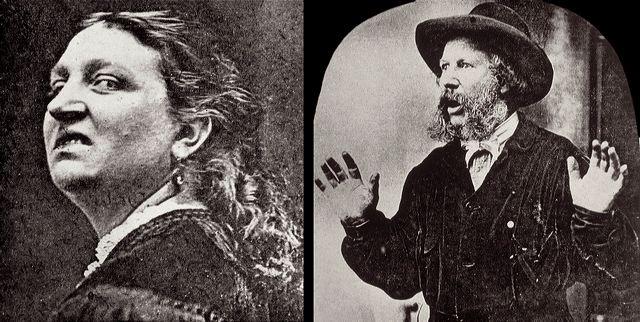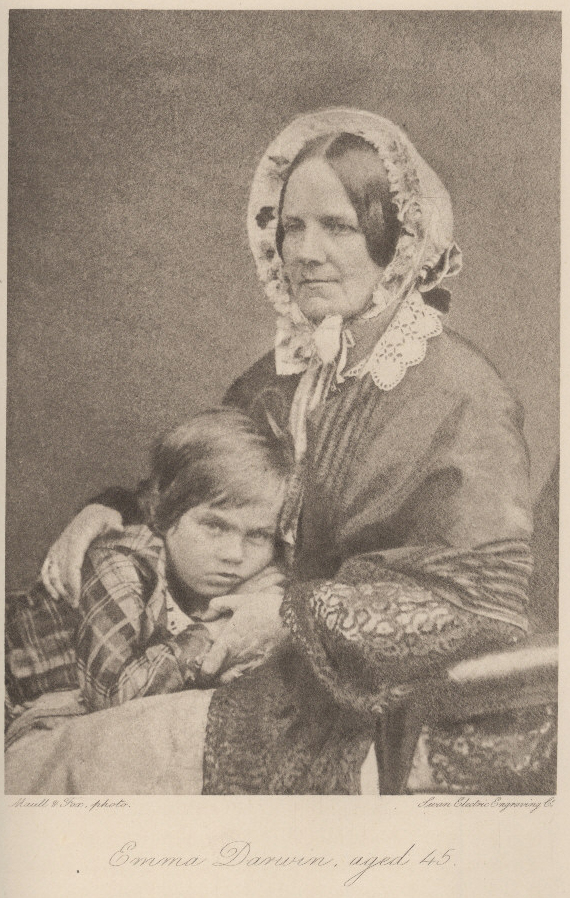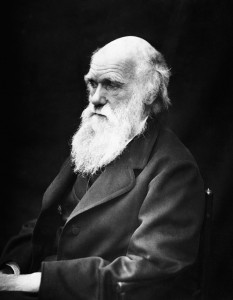From “Robocopulation” an Economist article about scientists trying to figure out polymorphism with the aid of rodent robots:
“‘How do robots have sex?’ sounds like the set-up line for a bad joke. Yet for Stefan Elfwing, a researcher in the Neural Computation Unit of Japan’s Okinawa Institute of Science and Technology (OIST), it is at the heart of discovering how and why multiple (or polymorphic) mating strategies evolve within the same population of a species. Because observing any species over hundreds of generations is impractical, Dr Elfwing and other scientists are increasingly using a combination of robots and computer simulation to model evolution. And the answer to that opening question? By swapping software ‘genotypes’ via infrared communications, ideally when facing each other 30cm apart. Not exactly a salty punchline.
Charles Darwin was intrigued by polymorphism in general and it still fascinates evolutionary biologists. The idea that more than one mating strategy can coexist in the same population of a species seems to contradict natural selection. This predicts that the optimum phenotype (any trait caused by a mix of genetic and environmental factors) will cause less successful phenotypes to become extinct.
Yet in nature there are many examples of polymorphic mating strategies within single populations of the same species, resulting in phenomena such as persistent colour and size variation within that population. Male tree lizards, for instance, use three different mating strategies correlated with throat colour and body size, and devotees of each manage to procreate.
Simulations alone can unintentionally overlook constraints found in the physical world, such as how far a critter looking for a mate can see. So the OIST team based their simulations on the actual behaviour of small, custom-made ‘cyber-rodent’ robots. This established their physical limitations, such as how they must align with each other to mate and the extent of their limited field of view.”





